Ahmad Meidari, member of Economic Commission of the Majlis said that it seems the Ministry of Power had not had a proper scientific assessment of the project.
“With people in oil-rich city of Abadan (southern Iran) having to pay as much as 2,000 rials (2.4 dollars) to buy only a barrel of water, we see our officials signing contracts to quench the thirst of Kuwaiti citizens,” he said.
“Majlis is not completely informed about the project, so the Ministry of Power must provide Majlis with more explanation on the implementation of the project, Meidari added.
Two weeks ago, Kuwaiti Energy Minister, Sheikh Ahmed Fahd al-Sabah and his Iranian counterpart Habibollah Bitaraf signed a $1.5 billion contract in Tehran on the transfer of Iran's fresh water to Kuwait.
Kuwaiti Energy Minister had told reporters that the agreement would help Kuwait achieve "more than one goal."
Under the deal, Iran is committed to supply Kuwait with 900,000 cubic meters of fresh water per day (10 cubic meters per second) from Karkheh Dam, which is located in southern oil rich province of Khuzestan, through the projected pipeline for 30 years.
A 330km pipeline is to carry the fresh water to the farthest point on the bank of the Arvand River, located in Abadan, the capital of the province, and will be extended about 210km toward the coast of Kuwait under the sea.
However, Iran and Kuwait agreed to take into account natural conditions and observe water shortages during drought period and other emergency circumstances.
AF/IS
END
MNA



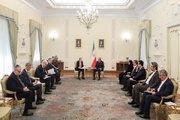
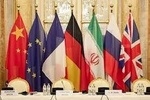
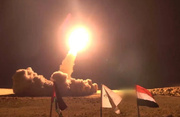

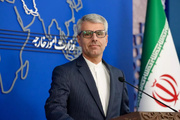

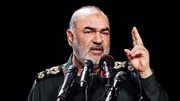











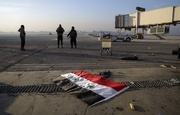
Your Comment